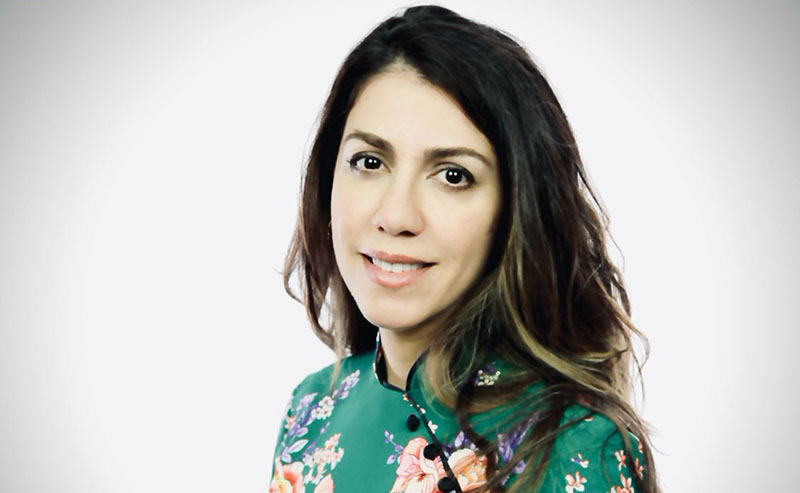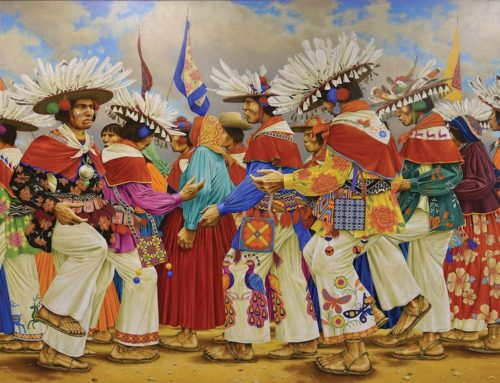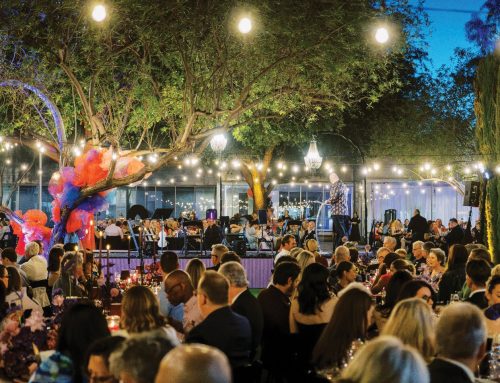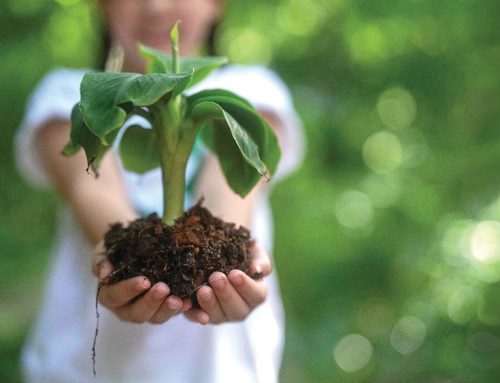Living by faith in service is something that North Scottsdale resident Dr. Baharak Tabarsi, a family medicine physician at Valleywise Health, is very familiar with. At 10-years-old, Dr. Tabarsi and her family were forced out of Iran because of religious persecution toward their Baha’i faith. After a tumultuous departure aided by the United Nations and stops in two refugee camps along the way, she and her family eventually gained asylum in the United States eight months after their reluctant journey began.
Once in the U.S., she experienced what it was like to live below the poverty line, relying on welfare and food stamps. This experience fueled her desire to work with underserved populations that may not have access to affordable, quality health care or other resources.
Dr. Tabarsi grew up in a family of doctors; her father was an internal medicine physician in Iran. However, that quickly changed once they came to the States. With their new status as refugees, he was no longer allowed to practice medicine and, out of necessity, worked as a used car salesman.
“Every part of that experience impacts how I treat my patients because I see them in the exam room and I can see they are on AHCCCS, they may live in a certain location, and they may have a certain lifestyle now,” says Dr. Tabarsi. “But that’s not necessarily how they’re identified. That’s not necessarily who they are. That’s not who they were.”
Over the years, Dr. Tabarsi has had many opportunities to work in different practice types and settings. But it’s the strong connection to her patients at the Valleywise Community Health Center – South Central that has kept her at the public health safety net system for over 15 years.
“If you want to make a bigger impact so that the patient doesn’t come back wanting the same medication that they can’t afford, so that their diabetes numbers don’t move, and you don’t want to be in this vicious cycle with them, you’ve got to be able to impact them in a big way,” she says.
In addition to treating patients, Dr. Tabarsi is the Medical Director of Quality for Valleywise Health’s 12 federally qualified health centers. She also oversees the teaching work that’s being done at the medical student level.
“In sharing pieces of my personal story with my patients, specifically the underserved adolescent population, I emphasize how education can turn lives around,” Dr. Tabarsi says. “If I can escape the bombs of Saddam Hussein and flee a country through the desert on foot, live in refugee camps, move to a new country and live on food stamps to then become a physician speaks volumes about the importance of education and perseverance. I hope that my patients can see a little of themselves in me and understand that it is possible to improve circumstances, no matter how difficult it may seem.”





